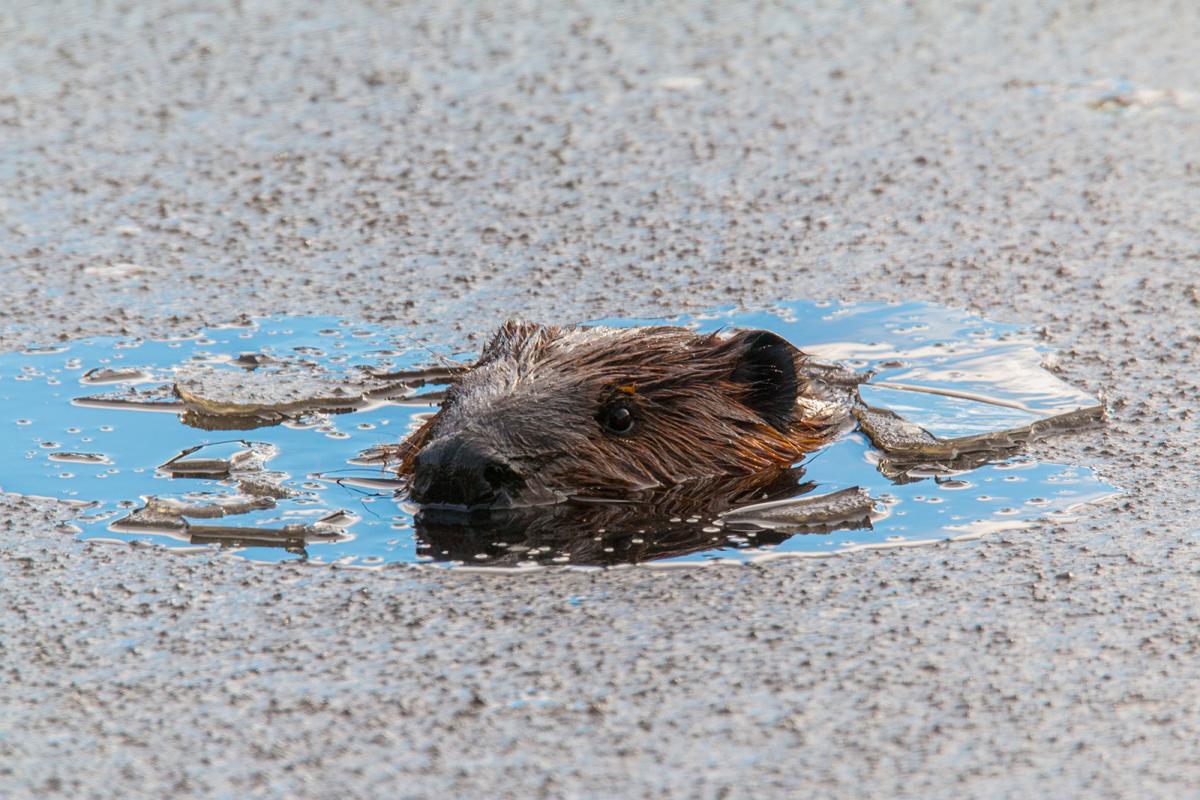 It’s almost time for “Bipolar Event Planning” again. (It seems like it gets earlier every year.) Last night I was notified that we got tickets for the Napa Wine Train for the silent auction (first time, yeah!) and I was over the moon. This morning I’ve been informed that our ad in Bay Nature is the wrong size and our artist need
It’s almost time for “Bipolar Event Planning” again. (It seems like it gets earlier every year.) Last night I was notified that we got tickets for the Napa Wine Train for the silent auction (first time, yeah!) and I was over the moon. This morning I’ve been informed that our ad in Bay Nature is the wrong size and our artist need s to change it. Problem is she is in Indonesia until Friday – so we’ll be paying for weird padding again, unless they can wait until she gets back.
s to change it. Problem is she is in Indonesia until Friday – so we’ll be paying for weird padding again, unless they can wait until she gets back.
I suggested this kind of edges to make it taller but I’m doubtful it will work. I don’t have the right tools to measure 3.5626″ wide by 4.9375″ high.
In the mean time we are headed up to the mountains this week to spend time at my parents and get sticks for the nature journals. Perfect timing right? Only it’s supposed to rain tomorrow so that’s not the best conditions for stick gathering! May through August is always the best of times and the worst of times getting ready for the festival. I’m trying hard to accept that’s just the way it is.
Meanwhile I head from the steadfast beaver defender Kelly Adams in Draper Utah that the court date was postponed until June 5th, so that keeps hope alive for a while longer. I dimly remember taking the city to court back in the day, and it’s hard, hard work, so I’m glad he gets longer to relax beforehand.
On to bigger news, where beavers have appeared in the Yukon for the first time. It is being blame on the ‘shrubification’ caused by climate change, so they aren’t thrilled by the news.
Beavers reported on the Yukon tundra for the first time
 Canada’s national animal has been turning up in some unexpected places lately, and while there are different theories about how exactly the beaver has managed to gain a foothold in the Arctic tundra, a recent report says climate change is likely a factor.
Canada’s national animal has been turning up in some unexpected places lately, and while there are different theories about how exactly the beaver has managed to gain a foothold in the Arctic tundra, a recent report says climate change is likely a factor.
In 2008 and 2009, Inuvialuit hunters reported seeing beavers on two northern Yukon rivers, near the Beaufort Sea. Then, in 2015, Thomas Jung, a biologist with Environment Yukon, spotted a large dam, beaver lodge and winter food cache on the Babbage River in Ivvavik National Park. All of this suggests beavers are attempting to colonize the Beaufort coastal plain, according to an article by Jung, published in the journal Canadian Field-Naturalist.
“I was quite surprised. I had to look a couple times,” Jung says of his 2015 sighting. He asked the man he was flying with, “‘Have you ever seen a beaver dam up here? Because there’s a beaver dam.’”
Beavers have a broad range in North America, but up until now haven’t lived north of the treeline because they need wood for food and shelter.
As the Arctic warms, the tundra is undergoing ‘shrubification,’ meaning woody plants are growing in places that were once inhospitable and may be drawing herbivores like beavers further north.
Jung says how the beavers got to the Arctic coastal plain remains a mystery. A large mountain range lies between the beavers’ expected territory and their new home on the tundra and as he puts it, “I don’t think beavers are known as mountaineers.”
They may have come from the forested Mackenzie Delta, leapfrogging from river to river until they ended up far north. They also could have swum in the sea.
“The overland route is certainly challenging and the through-the-sea route is improbable,” Jung says, “but animals do improbable things quite often.”
That’s the truth alright. Beavers do lots of things we don’t expect, and the climate is certainly changing. Maybe they just came for the view?







































